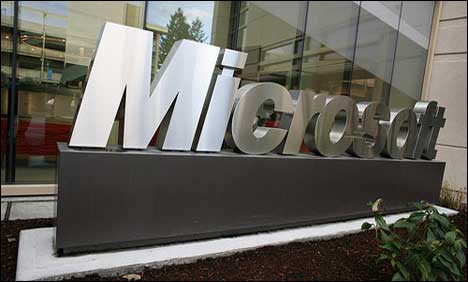The Real stories behind the exploit of hackers, intruders and deceivers – Kevin Mitnick
When it comes to books all hackers and those interested in computer security must read, then one can hardly miss the book The Art of Intrusion by Kevin Mitnick. The Art of Intrusion is a book abou real life exploits from many hackers in their own words as given to the author Kevin Mitinick. Kevin Mitnick, the once notorious hacker who was considered the most famous computer criminal of his time in America, and now reformed security professional, has come up with yet another book after the hugely popular The Art of Deception which brought the idea of social engineering into the mainstream. Social engineering is referred to as deceiving victims into revealing their personal details and Mitnick himself is a staunch advocate of social engineering as compared to hacking.

The Art of Intrusion- Kevin Mitnick
Both the books deal with the mechanisms of hacking and social engineering and their consequences While the first book was rife with incidents and stories which were fictional and dealt with these topics in a fictional manner. The Art of Intrusion has a collection of real incidents of hacking and social engineering which were narrated by real hackers to the author himself. The hackers featured in the book are real who gave their version of the incidents to Mitinick as he is a well known name in the world of hacking. Moreover, he personally interviewed most of these hackers and published their stories pseudonymously. The book does not celebrate the hackers as heroes, but it also highlights the fact that the victims could have prevented what happened to them and mentions the tips and countermeasures by victims to avert the incidents which took place.
The book is replete with many shocking, humorous, and clever incidents that demonstrate effectively the extent to which these hackers can think and plot such ingenious schemes and how they overrided nearly insurmountable security measures with great confidence. Moreover, Mitnick and ao-author Simmons did personal investigation to corroborate the truth in the stories told by the hackers. The book incudes many diverse incidents e.g a story about four friends who won millions at a casino in Vegas by revese engineering their slot machines. Other stories include an acccount of two teenagers who hacked into Lockheed Martin computer systems after being persuaded by terrorists. Of all these the most interesting is the one about a “Robin Hood” hacker who used to expose security flaws and shortcomings by hacking the systems of many top companies and then explained how he got past their security. Mitnick has also mentioned several incidents where the hackers were dealt with in hard manner by the authorities.
These interesting incidents definitely evoke awe for the wits and audacity of these hackers as most of them who are young. He does not fail to make a point that all these exploits were avoidable had the victims been aware and alert and mentions the consequences of such incidents. All in all this book is entertaining and enlightening at the same time and is recommended for both hackers and non-hackers and for those who simply want to have a fascinating read about the world of hacking.




